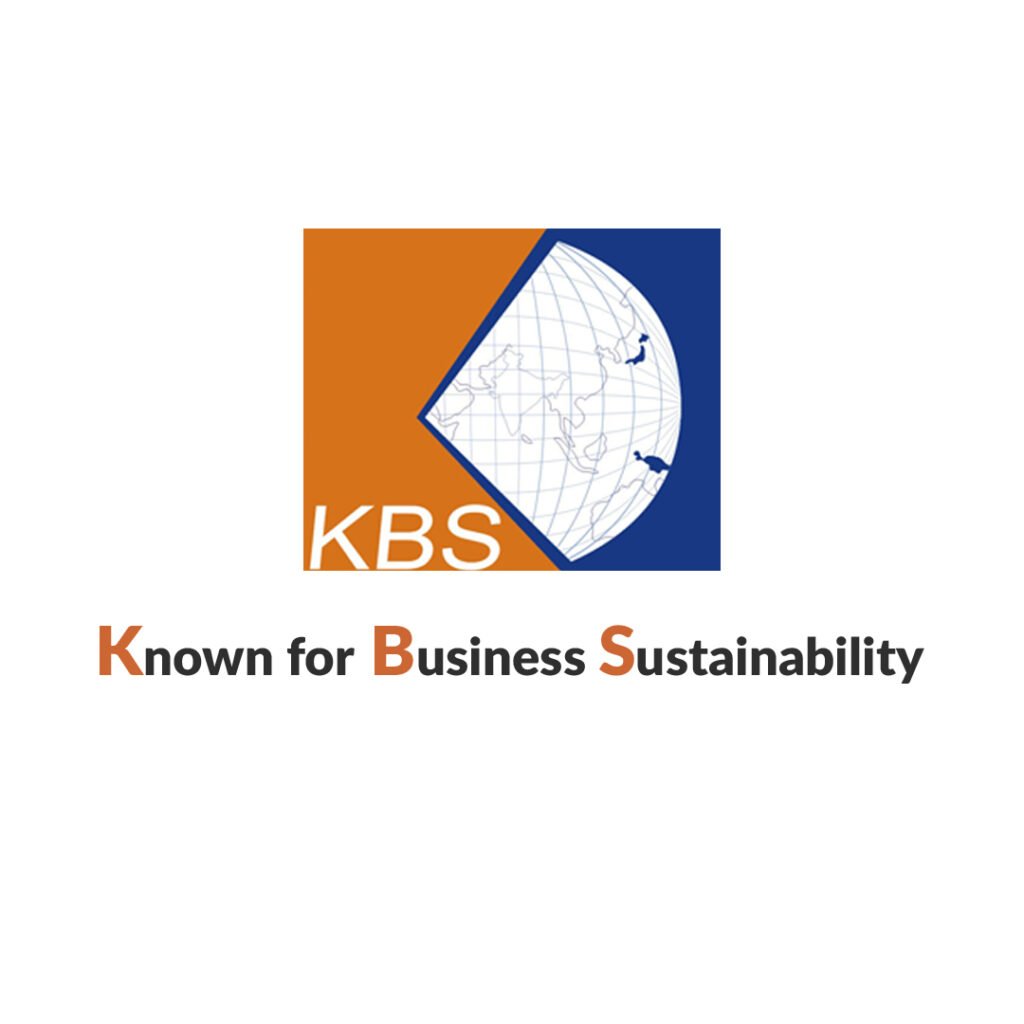If the year 1991 is best acknowledged for India’s economic liberalization (courtesy Former Prime Minister, Late Dr. Manmohan Singh), the year 2021 has gone down the annals of our country’s evolutionary landscape as a fortified step towards holistic sustainable transformation. The credit for this momentous turning point goes to our Prime Minister, Mr. Narendra Modi. It was at COP 26 held at Glasgow in the COVID-19 ravaged era, that India held up the mirror to the world laying down the foundation of what Sustainability should mean to countries and all its citizens alike.
Prime Minister Modi’s unequivocal description of the five nectar elements (Panchamrit) of India’s climate action became the cornerstone of India’s Nationally Determined Contribution in conformance with its obligations towards The Paris Agreement. Further, the mantra of Mission LiFE (Lifestyle for Environment) was also unveiled by Prime Minister Modi that brought out the much-needed intersection of People and Planet upholding the tenets of Sustainable Development Goals.
At COP 26, India was acknowledged as the loudest voice representing the Global South.
The commitments made at COP 26 gave a good sense of direction for institutionalizing Environmental, Social and Governance related aspects of India Inc. for the attainment of the Climate Action Goals of our Country.
Thus, the year 2021 is pegged as a watershed moment in many ways to bring India Inc. under the fold of one of the most immaculate standards of Environment, Social and Governance (ESG) framework i.e. the BRSR (de-abbreviated as Business Responsibility and Sustainability Reporting.
Big Indian Companies (both Public and Private) are quintessential growth engines of our society and economy.
The Securities and Exchange Board in India (SEBI) developed the BRSR making it incumbent for Indian companies to provide quantifiable metrics on sustainability-related factors, such as respect for human rights and protection of environment.
The BRSR came into effect in 2023 building upon the best practices laid down by globally acclaimed reporting frameworks like the Global Reporting Initiative (GRI) and Task Force on Climate-Related Financial Disclosures (TCFD).
BRSR happens to be a regulatory requirement for the top 1000 listed companies in India in a phased manner. This practically includes everything from carbon emissions and water usage to employee diversity and board composition.
Subsequently based on the recommendations of the ESG Advisory Committee and public consultation held thereafter, SEBI decided to introduce the BRSR Core for assurance by listed entities.
If we analyse the 17th Sustainable Development Goal which specifically calls for Revitalizing Global Partnerships for Sustainable Development, BRSR Core is a significant value addition that builds upon best practices emulated from across the world and subsequently repurposing them for the Emerging and Growing Economies that make much of the Global South.
The BRSR Core is a sub-set of the BRSR, with a set of Key Performance Indicators (KPIs) / metrics under 9 ESG attributes. This has been devised for relevance to the Indian context aligned with the Emerging Market Landscape. Some new KPIs have been identified for assurance such as Job creation in smaller towns – Wages paid to persons employed in smaller towns (permanent or non-permanent / on contract) as % of total wage cost, open-ness of business, gross wages paid to women etc, among others. For effective global comparability, intensity ratios based on revenue adjusted for Purchasing Power Parity (PPP) have been included.
Considering that the Top 1000 entities listed on the bourses have their value/supply chains penetrating the informal sector of the economy spread across the length and breadth of India and beyond, BRSR Core is an extremely potent regulatory tool to bring disclosure induced transparency across the country’s economy touching upon all the major aspects of human rights and environmental stewardship.
BRSR Core which came into force from FY 2023 underscores SEBI’s dedication to promoting transparent and sustainable business practices. This framework establishes specific parameters for ESG reporting wherein the reporting format is divided into three sections:
- general disclosures.
- management and process disclosures; and
- principle-wise performance disclosures.
Starting FY 2023-24 whereby Top 150 Listed Entities were mandated to conform to BRSR Core and reasonable assurance, it has been stipulated that by FY 2026 -27 Top 1000 Listed Entities will come under the ambit of BRSR Core reporting with compulsory assurance by accredited certification firms.
Assurance of BRSR Core by reputed agencies is imperative because it helps build trust, transparency, and accountability guiding the stakeholders make informed choices and decisions.
Reasonable assurance demands a thorough understanding of internal processes and controls of an organization. It requires the certifying company to check metrics and disclosures, tracing them to their source to confirm accuracy. Reasonable assurance is a high level of confidence that a reviewer or auditor provides about the accuracy of information.
Clearly, the procedure towards ESG Monitoring and Reporting laid down by Government of India by the virtue of BRSR is not only elaborate but is also linked with equally robust and mandatory assurance requirements. This is truly exemplary.
This is precisely why BRSR serves as a Testament to India’s Sustainability Leadership in the World.
The author is Founder, Managing Director of KBS Certification Services Limited which is one of India’s oldest and leading certification companies with global presence. The company offers impeccable independent third-party assessment services in diverse areas of Management System Certification, Climate Change and Sustainability Services, Training, Third Party Inspection, Energy Audit, ESG Reporting and Assurance, and Product and Process Certifications.
Views expressed by the author are of his own and do not represent that of the publication.


















